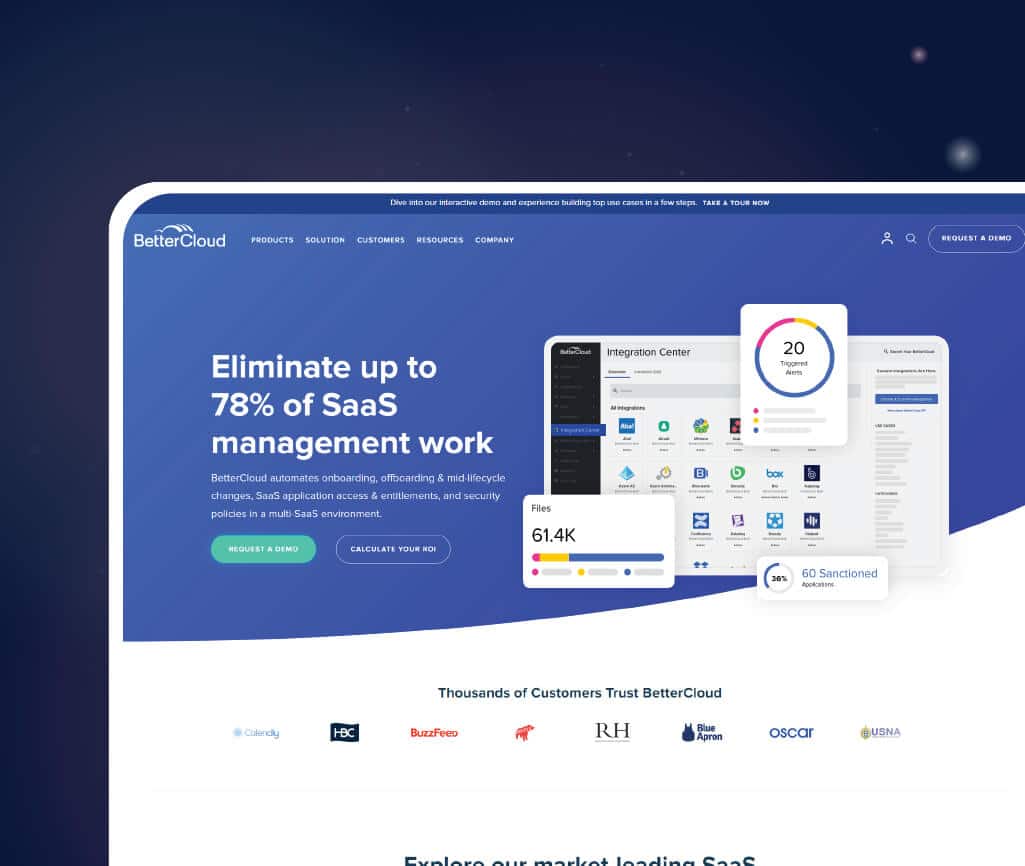Ecommerce
5 minute read
How To Position Your Ecommerce Business To Succeed.
LAST UPDATED:
March 8, 2023


With so many brands looking for ways to differentiate themselves and compete to grow, it’s never been more important to have a clear plan around your brand’s current and future positioning.
Do you have a plan to make your brand memorable?
CNBC recently wrote a piece about how ecommerce is stymieing the importance of “Cyber Monday”. While Cyber Monday is still a huge event, we must agree that the power of ecommerce to successfully drive revenue has never been greater.
Look at the effects the behemoth Amazon has had on the consumer and the retail industry. Amazon is now more than just a giant online retailer, it’s a marketing company that’s changing the ways consumers research, plan, and shop. Many consumers are even choosing Amazon over Google as the first place to go when they research a product. Think about that!
While you may not be Amazon, taking advantage of this power is key to your business succeeding and following the steps below will ensure your ecommerce business succeeds.
Where Does Your Brand Stand?
One of the reasons brand loyalty is hard to attain and keep today is consumers are smarter and better equipped to find deals that are best for their wallets. They’re finding the products they need and want, often at a cheaper price.
For ecommerce enterprises, this newly informed consumer means that competition is fierce. But it doesn’t mean you can’t position your business to succeed and win in this market. It simply means you need to have a better understanding of exactly where your brand stands in the consumer’s eyes.
Do they even know who you are? More importantly…
Do You Know Who You Are?
Who are you? What is your brand strategy, and how does it differentiate you from the pack? Does your business have a mission? What problem does your product solve, and what do your customers think about it and you?
In an ideal world, you’ll want to be able to answer these questions easily and without much thought because they’re vital to your online company’s existence and your success.
Unfortunately, many companies have trouble truly differentiating themselves in the marketplace. If you’re having trouble with this differentiation, you better believe your prospective customers will have this issue as well. Your customers want you to stand out and stand for something. That’s where positioning comes into play.
Positioning Your Brand
How you position yourself through your brand strategy is key for customer acquisition and customer retention—it informs the next steps you should take before you think about any other parts of your business from marketing to sales.
After you’ve determined where you want to be positioned, start building your brand strategy for an effective ecommerce redesign. Successful brand strategies can include zeroing in on your unique selling proposition or personalizing your customer’s experience among.
Let’s Examine These Two Strategies In A Bit More Detail:
Your Unique Selling Proposition (USP) differentiates your brand from the competition and it should highlight something unique about your business and product.
The idea is to not compete in a jammed packed space. Stand out and make prospects come to you by offering something so unique, they want to come back. This is your sweet spot.
Personalizing the customer experience is another example of a brand strategy helps you acquire and retain customers.
Align your product and brand closer to the customer by giving them exactly what they want based on what they like and who they are. Matching your identity to theirs means you’ve crushed your product branding.
Here are three examples of ecommerce companies with brand strategies that include USPs and customer personalization that stand out:

Bombas →
If you’ve never heard of Bombas, you’re not a fan of socks. Really comfortable, well-fitting socks. Bombas sells socks, but they’re not your run of the mill socks. Their socks are specifically engineered to look and feel better, hugging your feet perfectly.
What’s more, Bombas follows Tom’s Shoes one-for-one business model. For every pair of socks they sell, they donate a pair to someone in need. To date, they have donated over 5 million pairs of socks!

Birchbox →
Birchbox, a New York City-based online monthly subscription service is all about personalizing the customer experience, giving subscribers what they want based on online profiles the customer fills out.
After choosing samples of items, a customer can fully customize their monthly box, giving them exactly what they want and eliminating anything they don’t like.
Birchbox really does their homework and works diligently to not just match you with the lotions or body wash you want, they offer you the ability to swap your box with a curated box, a featured box, or a sample choice box as part of its customization plan.

Ironside Computers →
One of our projects, Ironside Computers offers a line of flexible, pre-configured and ground-up gaming customizable PCs. Our work with Ironside—which featured videos, illustrations, and micro-interactions—helped build an ecommerce experience unlike any other in the space.
If you’re interested in learning more about the how our ecommerce agency tackled this redesign, check out their case study here.
The Wrap-Up
Positioning your ecommerce business to succeed means understanding who you are and what your product provides to the public, then developing foundational brand strategies such as the two mentioned above that helps set you apart.
Birchbox, Bombas, and Ironside Computers all have solid foundational strategies that help position them highly in the ecommerce market.
Once you’ve established your foundation, it’s time for you to hit the sell switch and get going!
Need Assistance Becoming Memorable?
We’ve helped dozens of brands over the years capture their unique selling proposition. If you’re struggling to capture yours, we’d be more than happy to help.
Author
Jeff Gapinski is the President of Huemor where he helps plan the long-term strategic growth of the agency. Jeff is passionate about UI/UX, demand generation, and digital strategy.
What Do You Think?
Have feedback? Maybe some questions? Whatever it is, we'd love to hear from you.







No comments found